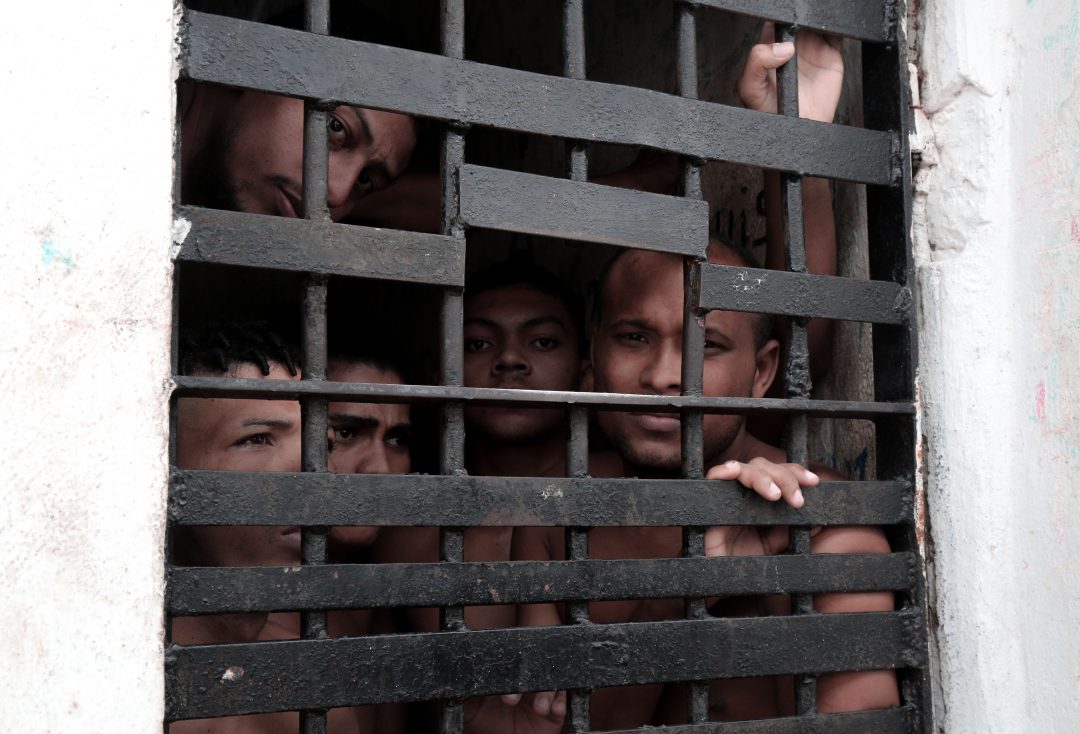How does the coronavirus affect the Brazilian prison system?
Taking care of the health of people deprived of liberty is important to control the spread of the virus
 The novel coronavirus has spread to the Brazilian prison system, but what are the side
effects of this? See in our article.
The novel coronavirus has spread to the Brazilian prison system, but what are the side
effects of this? See in our article.
The novel coronavirus has found fertile ground in the old problem of the Brazilian prison system. Cramped cells with no ventilation and subhuman hygiene conditions are home to many of Brazil’s approximately 750,000 prisoners, according to Infopen (National Prison Information Survey). Overcrowding and the lack of care contribute to the fragile health of people deprived of liberty in Brazil, which has the world’s third largest prison population.
In 2018, for example, long before the pandemic, more than ten thousand cases of tuberculosis were confirmed among detainees – a record of the last ten years in absolute numbers, according to a recent survey by the Pública agency using data from the Ministry of Health. This figure makes the prison population 35 times more likely to be infected with tuberculosis than people outside prison, further paving the way for the spread of Covid-19.
Measures to avoid the spread of coronavirus in prisons
On March 20, the Judiciary suspended visits to most of the country’s prisons. However, while this measure is intended to help reduce the spread of the virus, it also exposes
prisoners to other ills if it is applied without following health recommendations. According to a UN special report on mental health, “solitary confinement and protracted
or indefinite detainment, including decades of detention in prisons or other closed settings, negatively influence mental health and well-being”.
The primary concern of the protection agencies are the prisoners in the risk group for Covid-19. In São Paulo alone, there are 10,538 detainees with problems such as
tuberculosis and asthma, 4,911 are pregnant or breastfeeding women and 2,617 are elderly. In March, Recommendation No. 62 of the CNJ (National Justice Council)
suggested observing rules that relax sentences or even grant parole for some cases, in a move that was praised by international bodies such as the Inter-American
Commission on Human Rights (IACHR).
The arrival of Covid-19 in the Brazilian prison system
The more than 100,000 prisoners who have jobs, and as such have contact both with detainees and people on the outside, illustrate that it is a mistake to assume that prisoners are in total isolation and do not therefore contribute to the spread of the virus. It is no surprise that the first case of Covid-19 inside the prison system, announced by Minister Sérgio Moro on April 8, was identified in a prisoner serving a sentence in a semi-open facility.
This is why the report by the WHO (World Health Organization) on the coronavirus, released in March, is emphatic in asserting that the efforts to control Covid-19 should be the same both inside and outside detention facilities. Otherwise, the whole community loses.
Follow Conectas on social media and receive more content like this first-hand on your feed. We are on Twitter, Facebook and Instagram.


